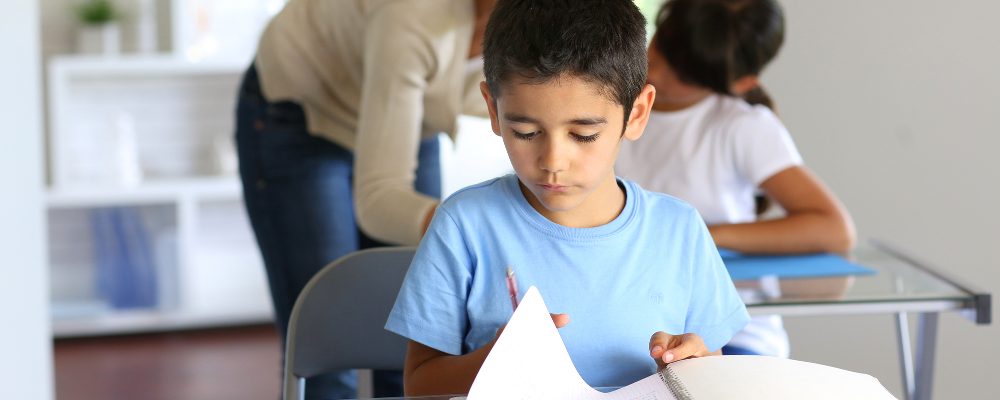
School is the main occupation of children from ages 5 through 18. Those 13 years can be filled with tremendous growth, learning, memories, friendships that last a lifetime, and the blossoming of the unique self within each child. Every parent strives to create the conditions for school to go well for their child. Even the typical evolution of the school years includes many bumps and bruises. It is sometimes difficult to tell when it is really trouble at school or when it is an expected challenge that children face to develop the skills and maturity we hope for them. Click the age ranges below to learn more.
Services
We offer the following services for children.
One-on-one therapy between your child and a licensed therapist focused on your child’s specific needs. Sessions are 45 to 50 minutes and often include 5 to 10 minutes briefing with the parents and 35 to 45 minutes with the child.
A complete diagnostic evaluation of your child by a child and adolescent psychiatrist. The initial session is 90 minutes and consists of individual time with parents and children focusing on the presenting issue as well as family, social, developmental, medical, and school history. Follow-up sessions range from 30 to 50 minutes.
One therapist and an assistant lead six to 10 children through empirically based, structured activities that increase your child’s skills in particular areas. Most of the groups are between 10 and 12 weeks long and 50 minutes per session.
Empirically based psychometric assessment is commonly used to refine diagnosis and develop treatment plans. A variety of instruments may be used to measure cognitive functioning and personality traits.
Empirically based neuropsychological assessment is commonly used to assess brain functioning as it pertains to behavioral expression. A variety of instruments may be used to measure cognitive functioning and personality traits.
Empirically based psychometric assessment specifically targeted at understanding and improving educational outcomes for children. A variety of instruments may be used to measure cognitive functioning and personality traits as they relate to school success. Individual Education Plan (IEP) goals and adaptations are recommended in the report.
Consultation with an educational advocate that supports families as they work with schools so that children receive the support they need to succeed in the school setting. Advocates meet with families, offer consultation for working with schools, and are available to attend school-based meetings with the family.



